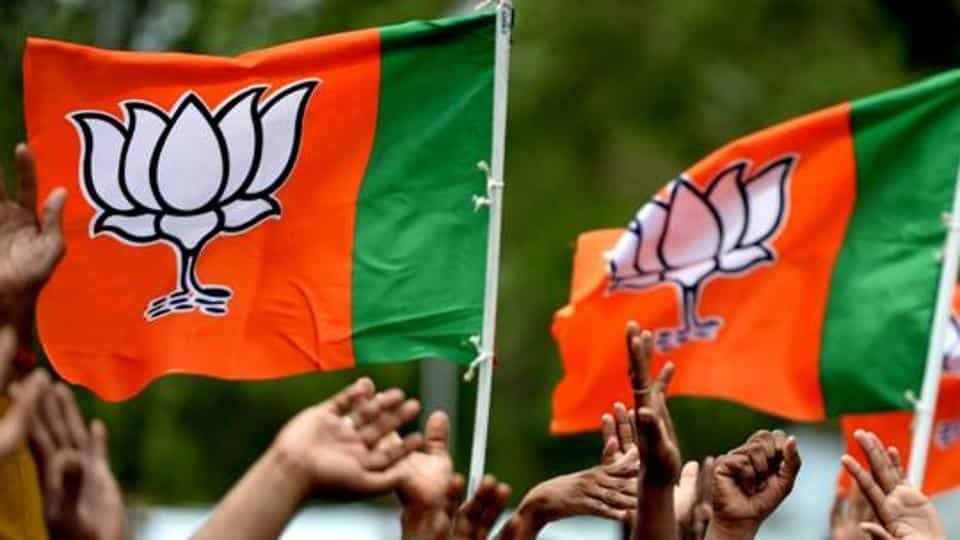
After the recent setback in three assembly elections in Rajasthan, Madhya Pradesh and Chhattisgarh, the BJP has now sought to reach out to its core voter.
Hindutva and temple politics was tested in these states but did not evoke much response from the cadre. With push coming to shove as general elections near, the Narendra Modi government in a surprise move announced a 10% quota for ‘economically weaker’ sections among upper castes.
But will the gamble pay off?
Pandit Amarnath Mishra, president of the Brahmin Sansad, is not very convinced that the quota gambit will translate into votes. “Brahmins believe in merit. We are fighting to finish reservation and the government wants to strengthen it further,” Mishra says. “The sudden announcement at the very end of government tenure is purely political.”
Though the biggest beneficiary of Mandal churning in the Hindi heartland, BJP has been a little wary of batting first on the caste pitch. It does rather well when smaller communities mobilise under the larger Hindu umbrella.
That BJP has decided to bite the bullet in this case also shows that the party is wary of others impinging upon its traditional base as impact of demonetisation and GST percolates down.
Coming in the middle of a two-day nationwide strike by several trade unions, the move has prompted one important question – where are the jobs?
If there is one area which the party is looking to consolidate its position using the quota card, it is the reserved constituencies in the entire heartland.
In a caste-ridden polity, reserved seats are the only ones where voting in general tends to be on party lines. All the candidates are from the reserved category. The caste of the candidate hence stands neutralised.
In these seats, it is the other communities or the upper caste vote which becomes the deciding factor. A swing and mobilisation of upper castes in these seats will give BJP candidates a fillip. And there are 18 SC seats up for grab in UP alone.
Senior journalist Ramdutt Tripathi is, however, a bit sceptical. “Upper Castes have gone through a change of mind over the past two decades. Youths are no longer dependent on government jobs. Also, there are hardly any jobs in the government sector”; he feels.
Interestingly, all parties, especially the Mandal parties from UP and Bihar supported the bill with the rider that quota for backward communities be hiked proportionately to their population. Some have demanded the Rural and Urban Household census of 2011, which has enumerated castes, be made public.
It’s a Pandora’s Box which to some extent was settled in the SC order in the Indira Sawhney case.
The Mayawati-led Bahujan Samaj Party is demanding a quota for Muslims and a review of the current reservation provisions for the SC/STs.
The RSS, surprisingly, has been silent so far.
The BJP has been hoping that a mix of mandir and quota politics may help it repeat its 2014 success in Uttar Pradesh, which sends the largest contingent of MPs to the Lok Sabha. This time, the additional challenge is a resurgent Congress and a reunited Mayawati and Akhilesh.


.jpeg)

